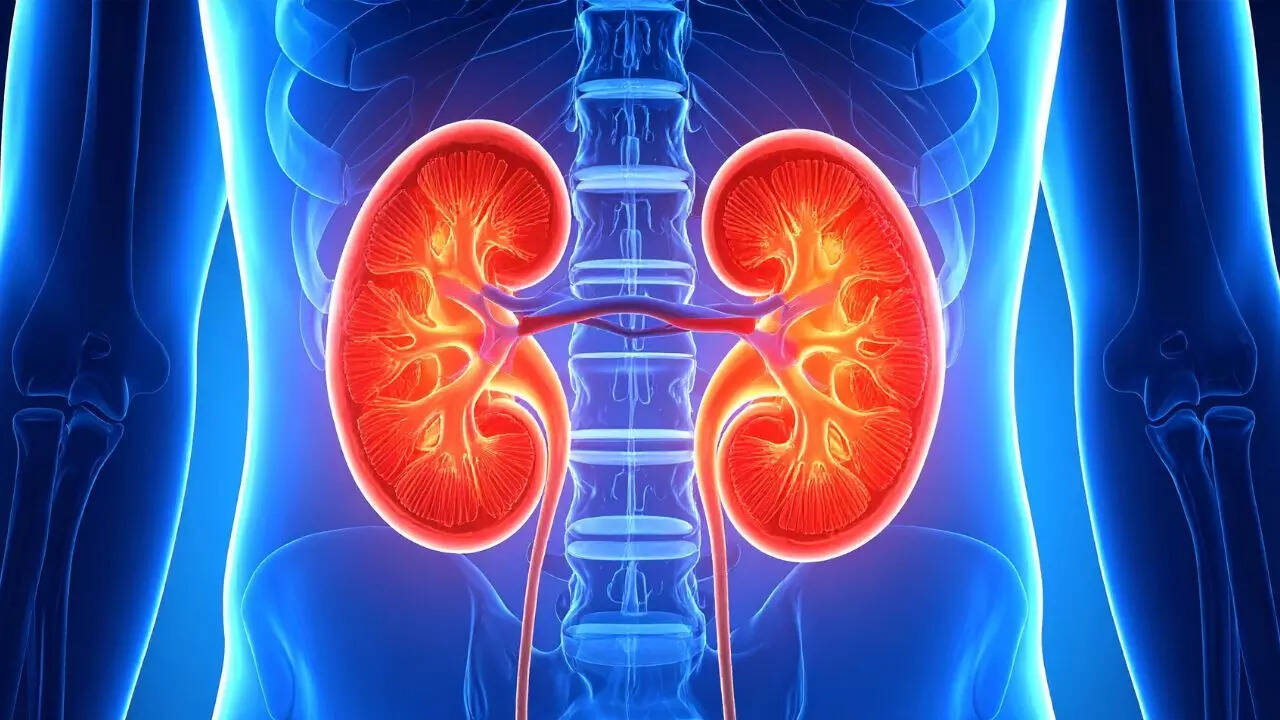Veteran actor Satish Shah has passed away at the age of 74. Ashok Pandit, Director and a close friend of the late actor, confirmed the news of his passing. The cause of Satish Shah’s death has been reported as kidney failure. Satish Shah was best known for his role in TV serial Sarabhai vs Sarabhai and popular movies like Main Hoon Na and Kal Ho Naa Ho. The news of his demise has sent a wave through the entertainment industry. His passing due to kidney failure has once again highlighted the importance of kidney health and raised awareness about the risks associated with kidney diseases.Kidney failure, or end-stage renal disease (ESRD), is a critical condition where the kidneys lose their ability to perform essential functions, such as filtering waste and maintaining fluid balance. This condition can be either acute or chronic, with chronic kidney disease (CKD) being the more prevalent form.According to The Lancet, Chronic kidney disease is a global public health problem that involves about 10% of the global population.
7 common causes that can cause kidney failure:

Image credits: Canva
DiabetesDiabetes, especially when poorly controlled, is the leading cause of chronic kidney disease (CKD) and eventual kidney failure worldwide. The condition is often referred to as diabetic nephropathy. According to a study by US Centers for Disease Control and Prevention (CDC), during 2000-2019, Diabetes was the main cause for most cases of end-stage kidney disease. HypertensionHigh blood pressure, or hypertension, is the second leading cause of chronic kidney disease (CKD) and end-stage renal disease (ESRD) after diabetes, as per US Centers for Disease Control and Prevention . Hypertension damages the blood vessels, which reduce blood flow to the kidney tissue, impairing kidney function.GlomerulonephritisGlomerulonephritis is a group of kidney diseases characterized by inflammation of the glomeruli, the tiny filtering units in the kidneys. This inflammation disrupts the kidneys’ ability to filter waste, electrolytes, and fluids effectively, which can progress to chronic kidney disease (CKD) and eventually kidney failure if left untreated. Polycystic kidney diseaseAs per Mayo Clinic, PKD is most often passed through families.Polycystic Kidney Disease (PKD) is a genetic disorder in which clusters of fluid-filled cysts develop in the kidneys. These cysts enlarge over time, replacing normal kidney tissue, which can severely impair kidney function and eventually lead to chronic kidney disease (CKD) and kidney failure.Urinary tract obstructionsUrinary tract obstruction occurs when urine flow is blocked at any point along the urinary system, including the kidneys, ureters, bladder, or urethra. If left untreated, these obstructions can cause hydronephrosis (swelling of the kidneys), kidney tissue damage, and can eventually lead to kidney failure.Common causes of urinary tract obstructions:
- Kidney stones
- Enlarged prostate
- Tumors
- Congenital abnormalities
- Blood clots or scar tissue
Excessive use of certain medicationsCertain medications, when used inappropriately or for prolonged periods, can cause drug-induced kidney injury, which may progress to acute kidney injury or chronic kidney disease and, in severe cases, kidney failure. As per NIH, medications are a common cause of AKI.Common medications linked to kidney damage:
- NSAIDs –
Ibuprofen , naproxen, and other over-the-counter painkillers. - Antibiotics – Aminoglycosides (gentamicin), vancomycin.
- Chemotherapy agents – Cisplatin, methotrexate.
- Contrast dyes – Used in imaging procedures, especially in patients with pre-existing kidney disease.
- Proton pump inhibitors (PPIs) – Long-term use has been linked to chronic kidney injury.
Acute kidney injuryAcute Kidney Injury is a sudden decline in kidney function, typically over hours or days. Unlike chronic kidney disease, AKI develops rapidly and can be reversible if treated promptly, but severe or repeated episodes can progress to chronic kidney disease or even end-stage renal failure.
Risk factors and prevention of kidney disease
Apart from the major causes like diabetes, hypertension, and glomerulonephritis, several other risk factors can increase the likelihood of developing kidney disease. Age is a key factor, as kidney function naturally declines over time. A family history of kidney disease also raises the risk, along with conditions like obesity, metabolic syndrome, and cardiovascular disease. Lifestyle habits such as smoking, excessive alcohol consumption, and a diet high in salt and processed foods can further strain kidney health.Risks associated with kidneys can be managed or minimized through preventive measures. Maintaining healthy blood sugar and blood pressure levels, staying physically active, and adopting a balanced diet rich in fruits, vegetables, and adequate hydration are essential. Limiting the use of over-the-counter painkillers, avoiding nephrotoxic substances, and having regular kidney function screenings, especially for high-risk individuals, can help detect problems early and prevent progression to kidney failure.Disclaimer: This article is for information purposes only.





